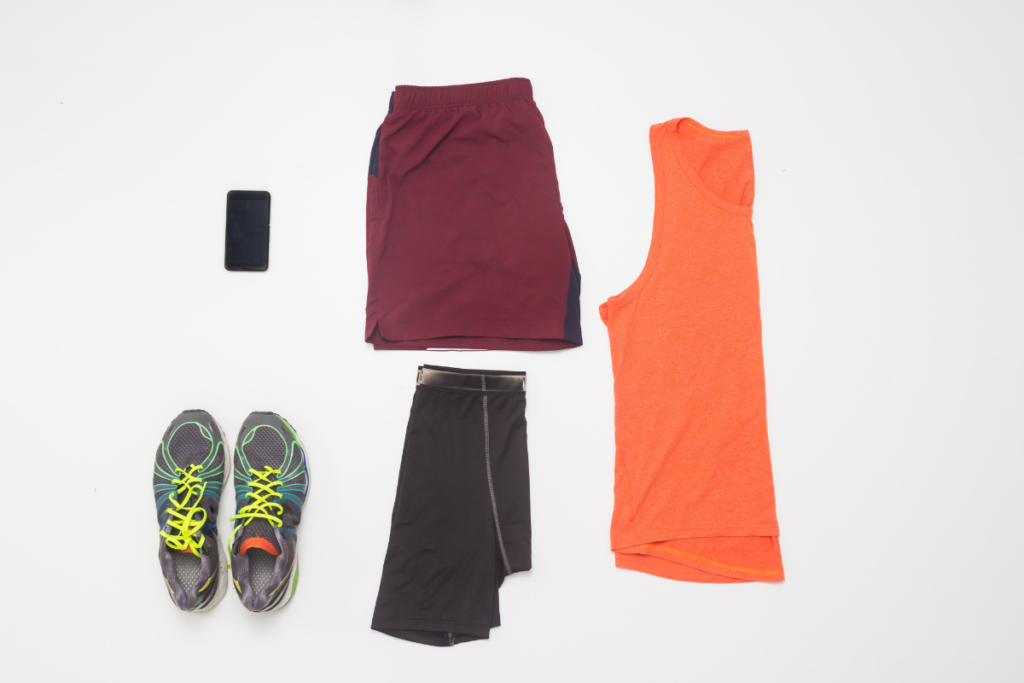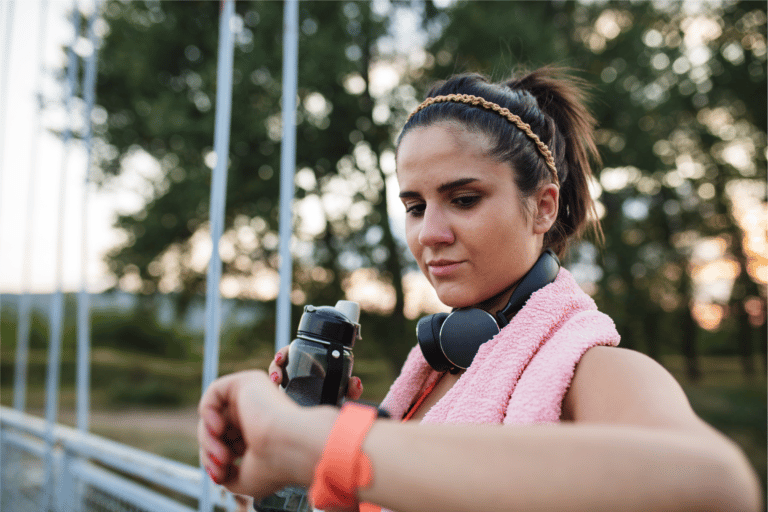Bedtime Rituals for Runners (11 Powerful Ways To Improve Your Run)
Runners tend to be creatures of habit.
The following bedtime rituals help runners prepare their minds and bodies for early morning training or competition:
- Stretch
- Record training notes
- Practice meditation
- Hydrate
- Visualization
- Foam rolling
- Check the weather
- Charge fitness tracker
- Prep coffee and nutrition
- Set out clothes
- Get to bed early
Keep reading to learn all about the top ways to prepare yourself the night before for your morning run!
11 powerful bedtime rituals for runners
Because running can be such a physically and mentally demanding sport, it’s important for runners to prioritize self-care and recovery. One way to do this is by establishing bedtime rituals that can help you wind down and prepare for your next day of training. While this list may apply to more than just running, these rituals ought to have a net positive impact on both performance and recovery for long-distance runners.
To prepare yourself for tomorrow’s run, you should do these things before going to bed:
- Stretch
- Record training notes
- Practice meditation
- Hydrate
- Visualization
- Foam rolling
- Check the weather
- Charge fitness tracker
- Prep coffee and nutrition
- Set out clothes
- Get to bed early
Before you get started on your new bedtime routine, let’s take a look at how each of these can help improve your run!
Stretch
Running is extremely stressful on your muscles and joints.
Nighttime stretching is essential for keeping your body in tip-top shape and preventing injuries.
There are a number of muscles that runners should focus on, including the quadriceps, hamstrings, IT band, psoas, piriformis muscles, and glutes.
Record training notes
Serious runners keep copious notes on their training, performance, and progress.
When you have a run planned for the following morning, a bedtime ritual that involves recording or reviewing training notes can be a great way to get yourself in the running mindset so that you’re ready to perform at your best in the morning.
Since you’re getting ready for bed anyway, try writing out our notes in a physical notebook instead of on your phone. This will help eliminate your exposure to blue light, which can negatively affect your sleep.
Practice meditation
While top performers in all fields practice meditation at higher rates than the general population, there is a long list of successful runners who have attributed much of their success to their meditative habits.
Ultra-marathoner Tom Evans practices daily headspace sports meditation for an interval of 20 minutes. Though he tends to implement this practice before a run, it would also make for a great bedtime routine.
Hydrate
Hydrating adequately in the days leading up to and the night before a run is important. However, some athletes can over-hydrate which can lead to problems in other areas.
Just ensure you hydrate to thirst the night before a run, and then drink about 16 ounces of water 15-20 minutes before heading out.
This should prepare your body for the next morning.
Visualization
Athletes of all kinds practice visualization of success.
Findings on the effectiveness of this practice are extremely encouraging and suggest that one hour of mental training of this kind per day can lead to positive results that are not replicated by any other form of training.
Foam rolling

Foam rollers can be used to release tension in various muscle groups.
Foam rollers are good for the tibialis anterior, or the outer part of the lower leg. This muscle group is highly susceptible to the dreaded runners’ injury shin splints.
Check the weather
You don’t want to get 4 miles into a run, only to realize a massive thunderstorm, snowstorm, or hailstorm was forecast the day before!
Unless you plan on using a treadmill, checking the weather the night before a run is a must.
While checking the weather doesn’t always help you avoid these types of situations, the likelihood of getting caught in inclement weather will decrease dramatically if you implement this practice.
Charge fitness tracker
Nowadays, running can be a high-tech activity.
If you keep track of your runs using a fitness tracker or watch, you’ll want to make sure that the device is charged and ready to go, so you don’t end up with gaps in your training data.
Personally, I like to charge mine when I’m awake and know I will be stationary for a while. Others prefer to charge theirs overnight. Whatever works for you!
Prep coffee and nutrition
Many runners have a personal preference when it comes to drinking coffee or eating a light snack before a run, but almost every runner will want to take a trip to the bathroom before a long run.
This means you’ll probably want coffee and some sort of fibrous food in the morning before a run. Successful runners will make sure these items are prepped and ready the night before training.
Have you heard you shouldn’t eat before a run? Check out this article for what you can eat to avoid cramping.
Set out clothes
Like with any early morning activity, you’ll want to set out your clothes beforehand.
Make sure you have the correct type of socks and that you choose shorts and a shirt that is optimal for the weather and the type of run you’ll be doing.

I like to keep my clothes, shoes, keys, and earbuds together, so I’m not looking for everything first thing in the morning. If you’re anything like me, that kind of setback could ruin your whole run!
Get to bed early
If you plan on getting up early to run, it’s best to get in bed early the night before. Adults require at least 7 hours of sleep per night to function in a healthy manner the next morning.
Make sure you get in bed at a decent hour the night before a run.
If you’re into running and fitness, it doesn’t make much sense not to pay attention to your sleep, negating some of the benefits of your workout in the process.






